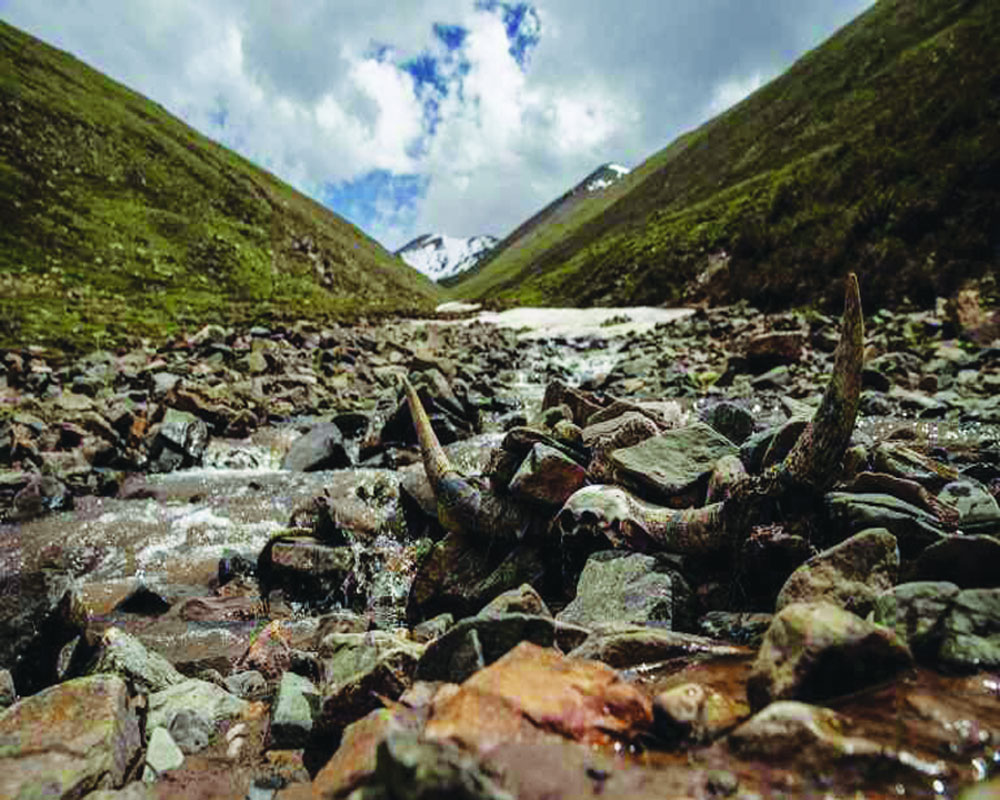The Himalayan States have demanded that the Centre give them an environment grant, not really an unfair demand
India’s extremely fertile plains are nourished with water and nutrients from its mountains, like a bloodstream disseminates life force across the human body. Without the Himalayas, there wouldn’t be glaciers or the resultant rivers to water our vast plains. There wouldn’t be rains if the peaks hadn’t blocked the monsoon clouds and trapped them in the Valleys. It is important, therefore, for India as a whole to treat the Himalayas and the ecology of these mountains carefully to ensure that civilisational life as we know it can continue as it has for five millennia. Ergo, it is not imprudent for the Himalayan states to demand a ‘Green Bonus’ so that they can preserve the ecology of the mountains and plan for sustainable development.
We have seen what rampant, unplanned development in the mountains can do. Shimla, the erstwhile colonial summer capital of this country, ran out of water last summer. Rampant development has seen the destruction of thousands of acres of primeval forests and wanton construction activity continues with nary a concern for the future or resource management. Satellite imagery shows that the rapid retreat of large Himalayan glaciers, through a combination of both local and global environmental contagion, is grave indeed. It is only fair then that the citizens in the plains do their bit to contribute for the health of the mountains and the economy of the states because in the long run, they are protecting themselves and their progeny. There has to be a stop on the race to develop huge projects and even too much industry in the mountains, but the population of the mountain states needs some sort of compensation for this denial, which seems like a small price to pay. Without any financial incentive, unrestricted development will continue, because the fear of penalties will be overridden by economic interests. We need to incentivise and not just penalise. Ten of India’s 11 hill States met as part of a recently concluded campaign and made this demand to the Finance Minister. They also advocated for a separate Central ministry to explore concerns specific to them and for better efficacy of ecological programmes targetted for the mountains. This is something that should be explored, maybe not as a ministry but definitely as a department of the government that looks at some of these critical issues. In the end, these would not just impact residents of these States but every other Indian. The Himalayas might be one of the world’s youngest mountain ranges but they have suffered from the ravages of civilisation. This must be controlled now, if we, as a nation, are to continue.
Writer & Courtesy: The Pioneer








 OpinionExpress.In
OpinionExpress.In















Comments (0)